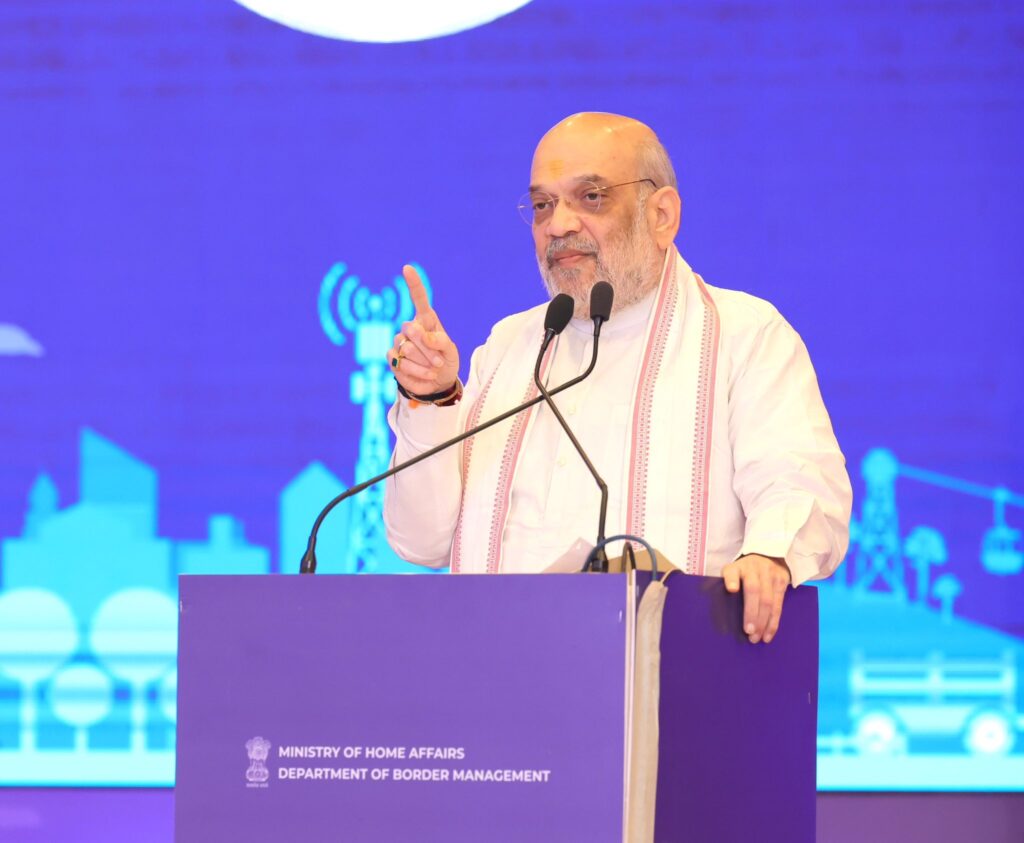The Ministry of Home Affairs (MHA) has given relief to certain refugees and migrants under the new Immigration and Foreigners Act, 2025, which came into effect in April. This Act made staying in India without valid documents punishable with a fine of INR 5 lakh (USD 5,671) or jail for up to five years. But a new order issued on September 2 has exempted some groups from these rules, according to reports.

Sri Lankan Tamil refugees who came to India on or before January 9, 2015, will not be treated as illegal migrants, even if they do not have valid passports or visas. The MHA said the rule on needing travel documents “shall not apply to registered Sri Lankan Tamil nationals who have taken shelter in India up to the 9th January, 2015”.
Earlier in 2015, the government had also waived visa fees and penalties for these refugees if they chose to return to Sri Lanka.
The new order also protects Hindus, Sikhs, Buddhists, Jains, Parsis, and Christians from Afghanistan, Bangladesh, and Pakistan who entered India by December 31, 2024, without valid documents or with expired documents. They will not face action under the new law.
A senior official said this exemption allows these people to apply for Long-Term Visas (LTVs), which are a step towards Indian citizenship. “The exemption does not mean that the cut-off date for the Citizenship (Amendment) Act, 2019 has been extended from December 31, 2014 to December 31, 2024,” the official added, as quoted by The Hindu.
In a landmark decision, the Govt of India has allowed minorities from Afghanistan, Bangladesh & Pakistan — Hindu, Sikh, Buddhist, Jain, Parsi & Christian — who entered India on/before 31st Dec 2024 due to religious persecution, to stay even without valid documents.
— Dr. Sukanta Majumdar (@DrSukantaBJP) September 3, 2025
A true step… pic.twitter.com/PvjKzomEoU
In West Bengal — which shares a 2,217 kms border with Bangladesh — BJP leaders had been demanding a change in the cut-off date under the CAA. Union Minister of State Sukanta Majumdar posted on X thanking the Prime Minister for the change but later deleted the post.
He said, as quoted by the website, “The thing is that people who have entered from Bangladesh in West Bengal….will not be deported if they have entered by December 31, 2024. The thing is that if they are not deported, then through the process of naturalisation, they will become citizens of India.”
The Citizenship Act, 1955 allows any foreigner to apply for Indian citizenship after 11 years of stay. The CAA reduces this to five years for the six minority communities, but only for those who entered before December 31, 2014.
The September 2 order makes it clear that these rules under the 2025 law do not apply to the six communities if they entered by the end of 2024, even without valid documents. This will help them stay in India legally and avoid punishment.


